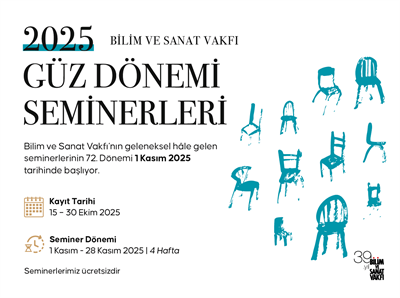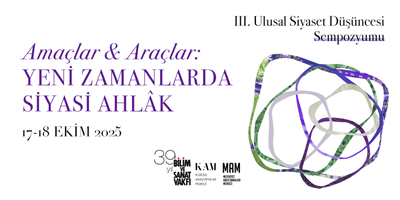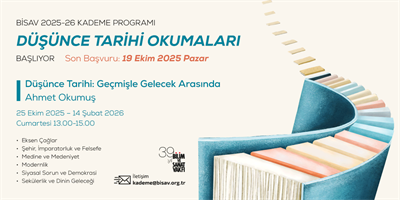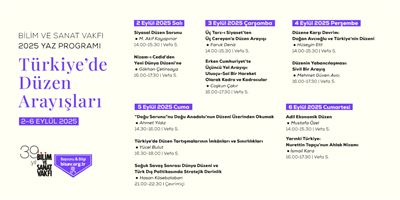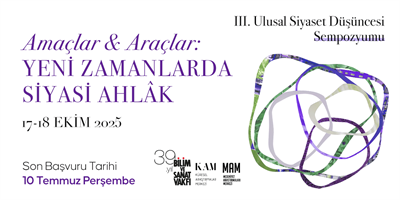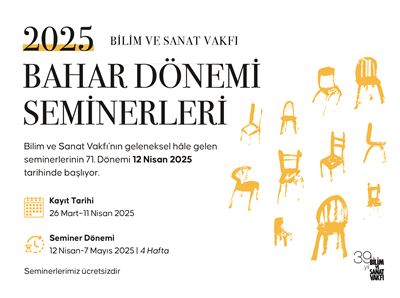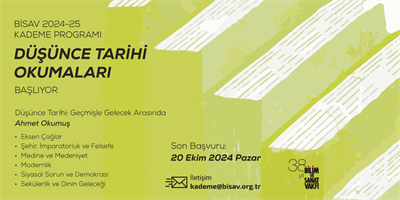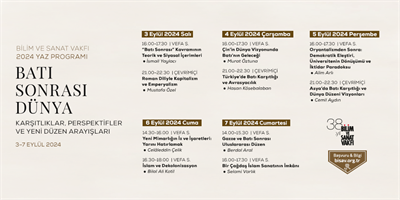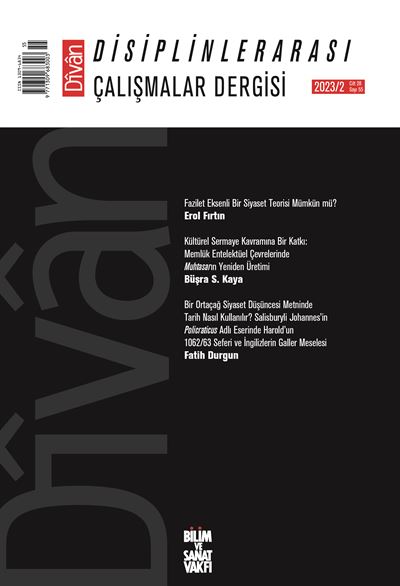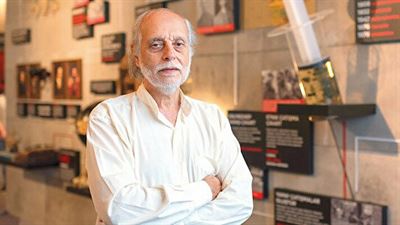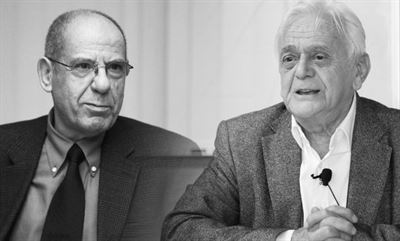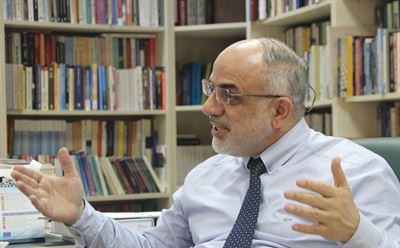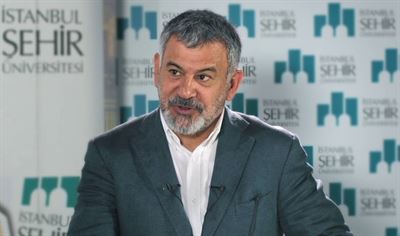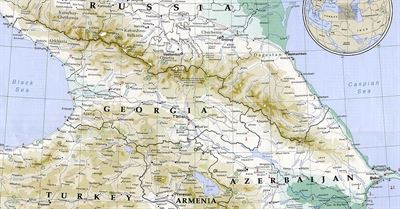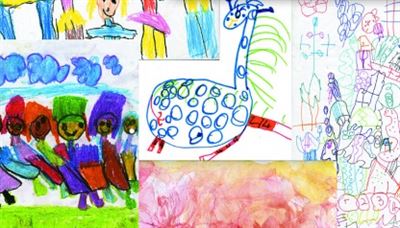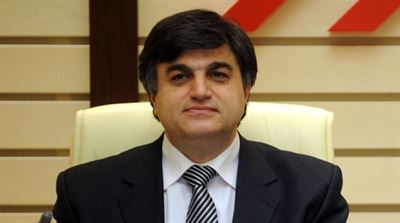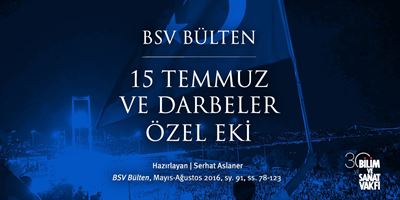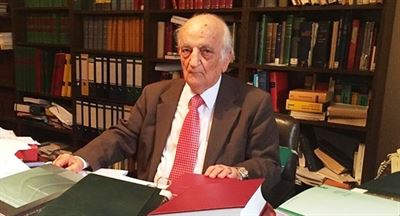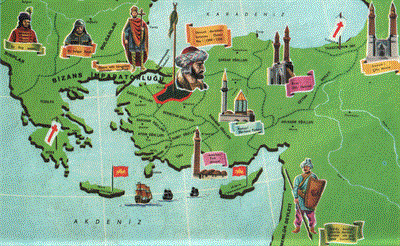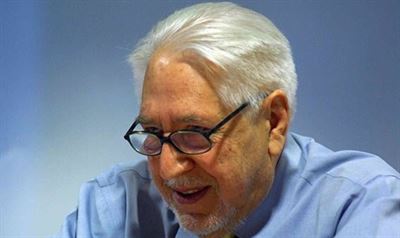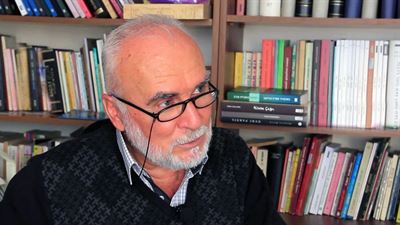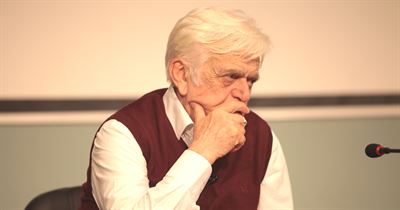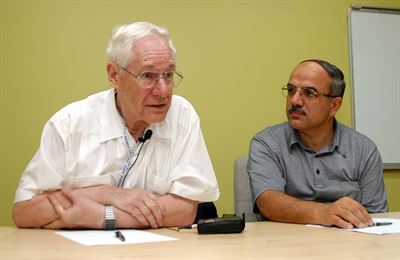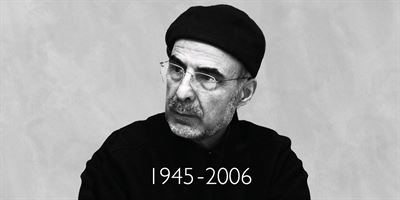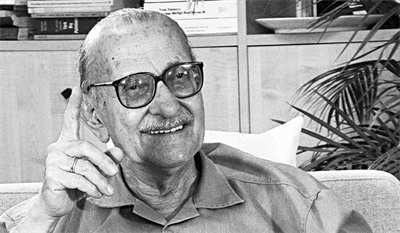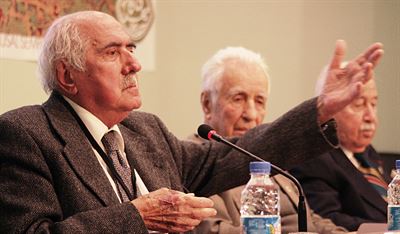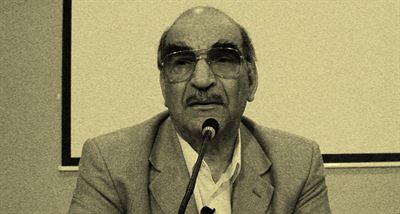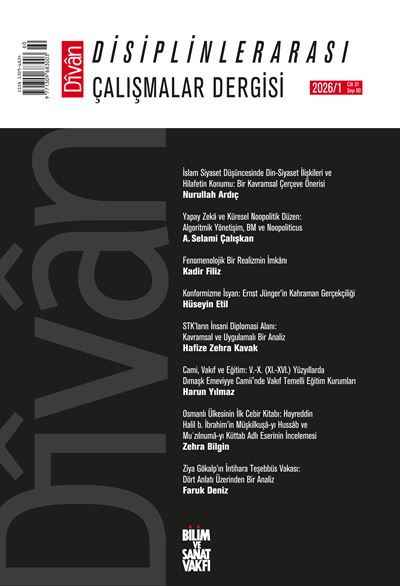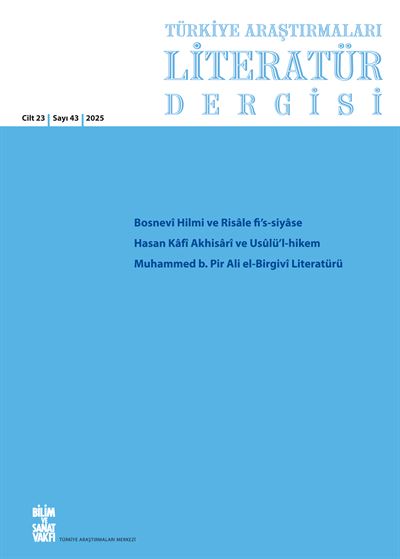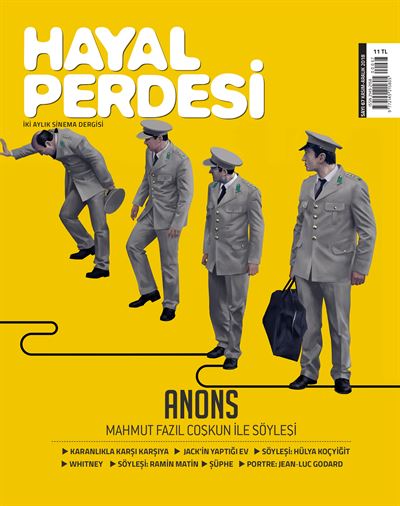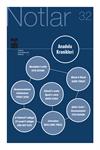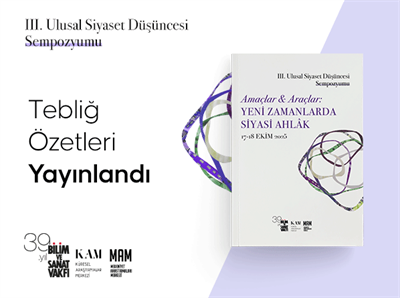
- HOME PAGE
- RESEARCH CENTERS
- MAM
- Imagination in Ibn ‘Arabī
MAM ROUNDTABLE MEETINGS
Imagination in Ibn ‘Arabī
Sultan Adanır Salihoğlu
Saturday, November 22, 2025 3:30 PM Salon: KIRMIZI SALON
Ibn ‘Arabī develops a holistic and original conception of imagination (hayāl) in relation to being, the cosmos, and the human being. This conception of imagination, articulated in terms of being and nonbeing, preserves the same meaning across all of these categories. The claim that the being–nonbeing reality of the fixed entities (a‘yān al-thābita) never departs from nonexistence, and that Being manifests itself upon them, reflects the mode of existence of entities that appear externally, imagination included. Although these realities, which are in constant need of the effusion of Being in order to exist externally, may be said to exist insofar as they are found in the divine knowledge, Ibn ‘Arabī maintains that they never leave the darkness in which they subsist, but only become visible through the light of Being. On the basis of this mode of existence, the first chapter concludes that Absolute Imagination (al-khayāl al-mutlaq) is not a distinct ontological level but rather a mode of being.
The second chapter examines the world of imagination (‘ālam al-khayāl) as a level of existence (maratib al-wujud), an independent domain of being to which the human being passes in sleep or after death. In this section, the relation of imagination, as a faculty of the Self (nafs), to the other instruments of perception is examined. In Ibn ‘Arabī, whose conception of the Self is shown to be imagination-centred, the imaginative faculty (takhayyul) is a cognitive means bordered and approved within the bounds of the Sharīʿa. Moreover, since imagination is one of the instruments of unveiling (kashf), it becomes a highly significant instrument of perception.
In the third chapter, the dream (ru’yah), as the form that imagination takes in sleep, is examined in terms of the level at which it occurs and the way it takes place, and a framework for dream interpretation (ta‘bīr) is developed on the basis of examples. As a metaphysician, Ibn ‘Arabī extends dream interpretation from the particular to the universal and interprets the world (‘alam) itself. This finds expression in the proposition that “the world is an imagination.” Thus, this study examines the various manifestations of Ibn ‘Arabī’s doctrine of imagination across all levels of existence.
SEMINARS

As the most traditonal activity of BISAV, the courses take place in every fall and spring of a year.
MORE INFO
